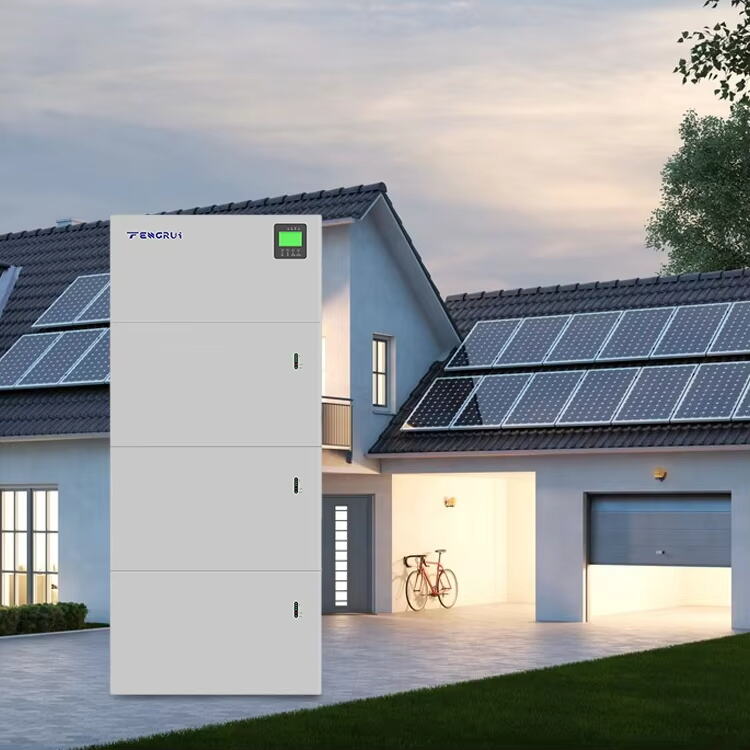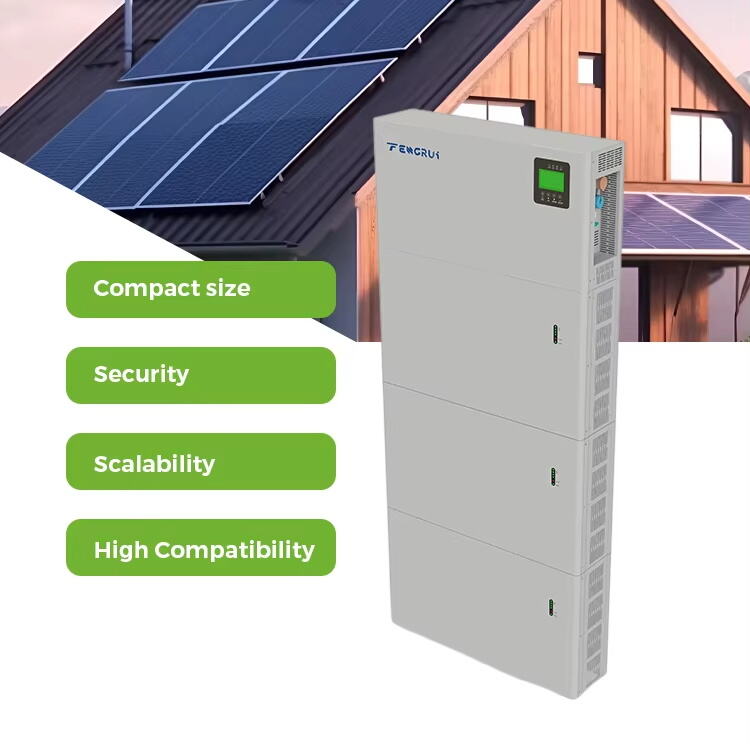Smart Energy Management for a Changing World
With utility prices rising and grid reliability becoming increasingly unstable, homeowners are searching for smarter ways to take control of their electricity consumption. Home energy storage is rapidly becoming a preferred solution for those looking to manage energy costs, reduce dependence on the traditional power grid, and ensure a stable power supply during outages.
As global energy demands increase and market volatility grows, investing in home energy storage offers a sustainable and financially sound alternative. It empowers homeowners with more control over when and how they use electricity, while supporting broader clean energy goals and reducing long-term operational costs.
Financial Benefits of Energy Independence
Reducing Monthly Electricity Bills
One of the most direct advantages of home energy storage is its ability to reduce monthly utility expenses. By storing energy during off-peak times—when electricity rates are lower—and using it during peak pricing hours, homeowners can avoid the most expensive rates imposed by time-of-use billing structures. This load shifting approach leads to real savings over time.
In combination with solar panels, home energy storage becomes even more effective. Solar energy captured during the day can be stored and used in the evening, allowing households to minimize grid reliance entirely during high-demand periods. This smart consumption strategy ensures that renewable energy is fully utilized and not wasted.
Protecting Against Future Rate Increases
Electricity prices have been steadily climbing in many regions due to infrastructure upgrades, increased demand, and geopolitical pressures on fuel supply. Home energy storage acts as a hedge against these rising costs by providing an alternative energy source that isn’t tied to utility rate structures.
By investing now, homeowners can lock in the benefits of today’s energy prices while preparing for a more expensive future. Over the lifespan of a home energy storage system, the financial returns from avoided rate hikes and increased efficiency can be substantial.

Enhancing Energy Security and Grid Stability
Backup Power During Outages
As severe weather events and aging grid infrastructure become more frequent causes of blackouts, having backup power is no longer optional—it’s essential. Home energy storage provides an immediate, automatic source of power when the grid goes down, keeping essential appliances like refrigerators, medical devices, and communication systems running smoothly.
This peace of mind is especially critical in areas prone to storms, wildfires, or rolling blackouts. A home energy storage system offers seamless energy continuity, helping families stay safe, connected, and comfortable no matter what happens outside.
Supporting Grid Flexibility
When deployed across neighborhoods, home energy storage systems also play a valuable role in enhancing grid stability. These distributed systems can help reduce peak demand, relieve pressure on aging infrastructure, and absorb excess renewable energy that would otherwise go to waste.
Some regions even offer financial incentives or credits for feeding stored energy back into the grid. This two-way interaction makes home energy storage not only a personal solution but also a community asset that strengthens the energy ecosystem as a whole.
Environmental and Lifestyle Advantages
Enabling a Cleaner Energy Footprint
Home energy storage contributes to environmental sustainability by maximizing the use of renewable power sources. When paired with solar panels, stored energy enables households to consume nearly all of the clean electricity they generate, reducing reliance on fossil fuels and cutting carbon emissions.
This increased efficiency aligns with broader environmental goals and can help households participate actively in the global transition to green energy. Every kilowatt-hour of clean energy stored and used represents one less drawn from polluting sources.
Promoting Energy Independence
For many homeowners, the appeal of home energy storage goes beyond savings—it’s about self-sufficiency. The ability to generate, store, and control one’s own power supply without full dependence on utility companies is a powerful motivator. It creates resilience and freedom, allowing families to make energy choices on their own terms.
This autonomy becomes even more important in remote areas or regions with inconsistent power delivery. With home energy storage, reliable power is available even when the traditional grid fails or is unavailable.
Adapting to a Dynamic Energy Future
Supporting Smart Home Integration
Home energy storage is an ideal companion to modern smart homes. These systems can integrate with intelligent energy management platforms, enabling automated energy usage based on real-time pricing, weather conditions, or household behavior. Homeowners can monitor consumption patterns and make data-driven decisions to improve efficiency.
This level of control allows for greater customization and can be adjusted as household needs evolve. Whether it’s optimizing for cost savings, sustainability, or reliability, smart integration enhances the functionality of any home energy storage system.
Scalable Solutions for Growing Demand
As family needs grow or technology changes, home energy storage can be scaled to meet increasing energy demands. Whether it’s expanding battery capacity, connecting to additional solar panels, or integrating with electric vehicle chargers, these systems are designed to evolve.
This flexibility makes them a long-term solution that doesn’t become obsolete as energy needs shift. Homeowners can invest with confidence, knowing their storage infrastructure can grow alongside their lifestyle.
FAQ
How much can I save on electricity bills with home energy storage?
Savings vary by location, utility rate structure, and energy usage patterns. However, many homeowners see reductions of 20% to 50% on their electricity bills, especially when combined with solar panels and time-of-use optimization.
Is home energy storage safe for residential use?
Yes, modern home energy storage systems are built with multiple layers of safety protections including thermal management, short-circuit prevention, and automatic shutdown features. Many are certified to meet strict international safety standards.
Can I add home energy storage to an existing solar system?
In most cases, yes. Many home energy storage systems are designed to integrate seamlessly with both new and existing solar panel installations. Compatibility with your inverter and energy management system should be verified by a professional installer.
How long does a typical home energy storage system last?
Most systems are designed to last between 10 to 15 years, with warranties that often cover 6,000 to 10,000 charge cycles. Proper use and maintenance can further extend system lifespan.

